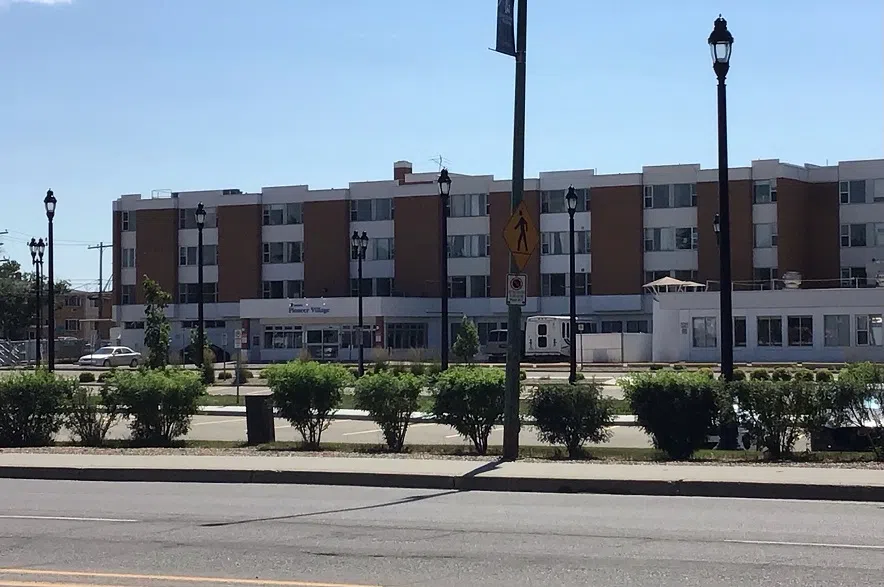Police officers in Regina may soon have more time freed up to deal with other policing priorities in the city.
That’s what Regina police said about a new temporary complex needs shelter coming soon to 430 Pioneer Drive, the former Pioneer Village location.
“Often we don’t have the training or facilities to cater,” said Sheikh.
Police Chief Farooq Sheikh told reporters Tuesday he expects the facility to help those who need it.
“This complex needs shelter, which is a (provincial) government initiative, is an opportunity where they’ve got highly trained people there that can support them and cater to their needs, and also free up police time,” said Sheikh.
Regina and Saskatoon are both opening up a 15-bed complex needs shelters.
“There may be some teething along the way and some things that we need to change, but I think it’s a good initiative and it’s a great opportunity to work in collaboration, us and the government, in looking at ways we can keep people out of our cells and give them other opportunities to try and recover and get them sign-posted in the right area,” said Sheikh.
The shelters are pilot projects by the province aimed at those who are intoxicated or dealing with addictions who are detained by police under the Summary Offences Procedure Act.
Under that Act, individuals can be detained for 24 hours if they pose a threat to themselves or the community.
What has happened up to now is that police would hold those individuals in police cells under the Act and then release them.
But Sheikh pointed out there would be “nobody really following up” — referring to the lack of treatment options or consultations those individuals might require.
The result, Sheikh indicated, is the same issues repeating over and over.
He said often police would detain people “for their own welfare — they may be drunk or under the influence. Then we bring them into the cells and a few days later the same person may come into custody again.”
Another issue is that looking after complex-needs individuals in cells takes up time for police officers.
“Instead of looking after them for the next eight, ten, twelve hours, maybe plus, in the cells, they can be looked after by fully trained people who can cater to their needs better,” said Sheikh.
The plan is for the facilities to be staffed by nurses, counsellors, treatment support workers, on-call physicians and support staff, as well as by security personnel.
The two complex needs shelters are expected to start accepting patients in the coming days.











